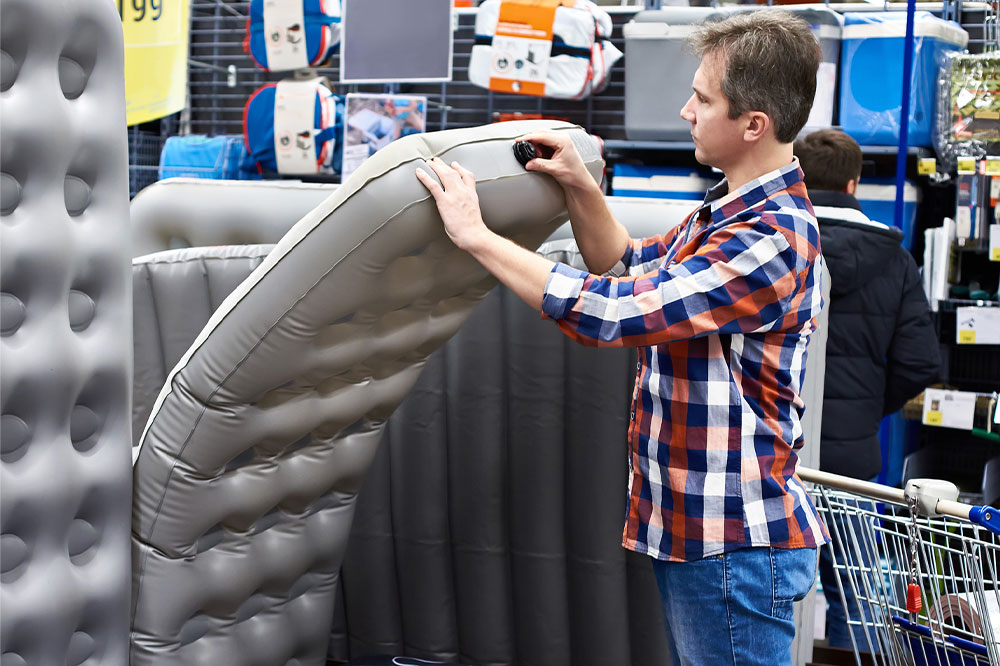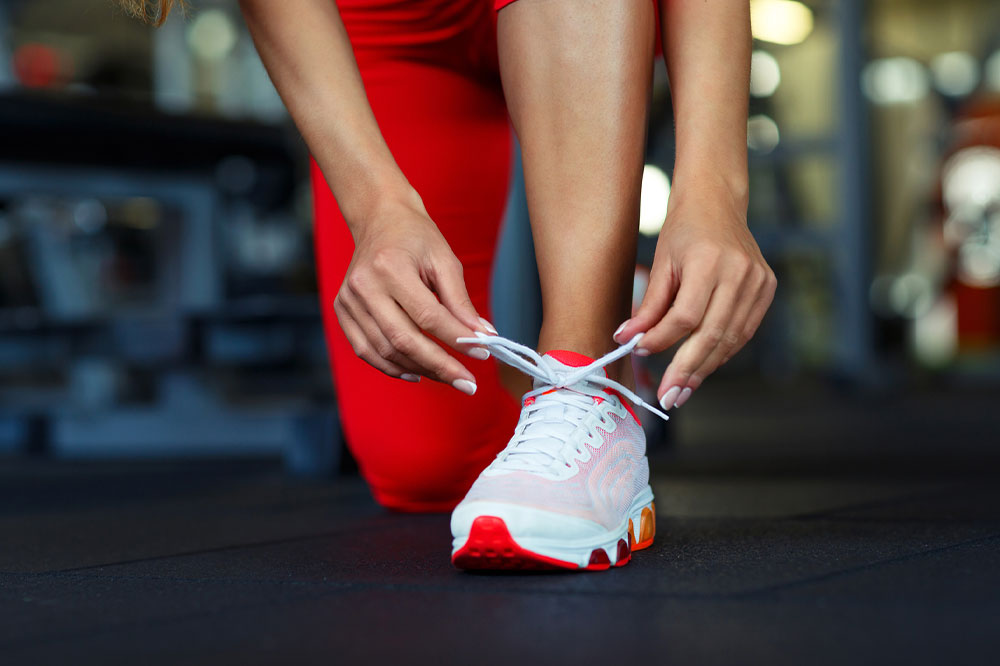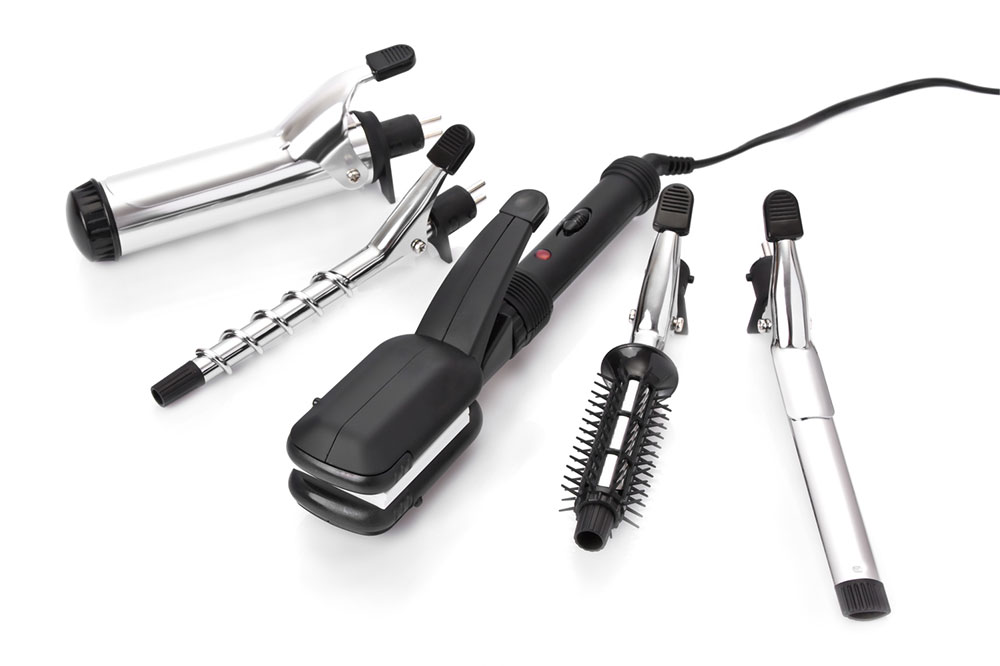3 ways to manage osteoporosis and boost bone health

Osteoporosis is a condition where the bones become weak and brittle with age. Daily activities like bending or coughing can cause minor fractures in the wrist, hip, or spine. The symptoms appear as soon as bones become weak, followed by a noticeable stooped posture, back pain, or even loss of height over time. Here are some healthy meal tips, treatment options, and lifestyle changes that can help manage this condition.
Treatment options
Prolia
This treatment option is for postmenopausal women who experience physical problems due to weak bones, are at high risk of fracture, and cannot use other osteoporosis treatment methods. Prolia uses targeted therapy that blocks the bone-removing cells from causing any damage to the bone. However, be mindful of taking this treatment if you have low blood calcium, are pregnant, or planning to conceive in the near future. There are certain side effects of this treatment, so consult a health professional and get a detailed report on related steps.
Evenity
Evenity, a sclerostin inhibitor, helps prevent bone damage by targeting a protein that enables its repair. This treatment option is used to treat osteoporosis in postmenopausal women who are at a high risk of bone fracture. Like Prolia, this treatment option is not viable if one has low calcium levels in the blood. Also, if the patient has had a heart episode like a stroke or an attack in the last 12 months, Evenity cannot be used. Speak to the health professional about any side effects that may be high risk.
Hormone therapy
This works differently for men and women. Estrogen hormone is known to help with bone density and maintain its level; however, this therapy increases the risk of breast cancer and blood clots. If needed, estrogen therapy is used for younger women or for those whose menopausal symptoms also require treatment.
If estrogen is not an option for some women, another product that mimics the benefits of estrogen in bone density is used for treatment in postmenopausal women. This may, however, lead to some side effects like hot flashes and an increased risk of blood clots, but it may also reduce the risk of breast cancer as opposed to taking estrogen therapy.
For men, it is understood that osteoporosis is linked to a decrease in the level of testosterone in men with age. Testosterone replacement therapy can be used. However, according to research, treatments, and products specific to osteoporosis are more effective than just replacement therapy. Both can be used under the advice of a health professional.
Clinical trials
This may not be an ideal option for everyone, but this can be helpful for those with a severe case of osteoporosis and failed treatments. This may be another way to manage the condition and its symptoms under supervision. Also, note that these trials may not always have a high success rate.
Foods to eat and avoid
Calcium and vitamin D are especially important as the former helps in bone building and the latter helps in the calcium absorption process. Dairy products such as low-fat cheese, yogurt, and milk are excellent sources of these nutrients. Canned sardines and salmon with bones are also advised, along with mackerel and tuna that have substantial amounts of Vitamin D. In fruits and vegetables, collard greens, kale, okra, mustard greens, broccoli, turnip greens, dandelion greens are known to be loaded with calcium. If you want to try fortified foods, make sure you check if they have added these minerals and vitamins to the product. These can be found in breakfast cereals, soy or rice milk, some snacks, and even some brands of juices.
Magnesium, potassium, vitamin C and K are also essential for bone health, and they can be found in vegetables like spinach, beet greens, tomatoes, plantains, potatoes, sweet potatoes, collard greens, and okra. Fruits like bananas, papaya, raisins, oranges, and prunes are also good sources that can be included in the meal plan.
Avoid processed meats and foods as they may have high sodium content. Carbonated drinks with phosphorous content promote calcium loss in the body, affecting bone health. Hence, it is best avoided.
Lifestyle changes and remedies
There aren’t many home remedies except the inclusion of proper nutrition and exercise in daily routine.
Follow a daily exercise routine
Weight training or high/low-intensity activities can help increase bone density over time. This may help in the prevention of the early onset of osteoporosis. Activities like running, walking, aerobics, dancing, climbing stairs, tennis, and weight-lifting are good options too. Following these activities thrice a week for about thirty to forty-five mins will decrease the risk of osteoporosis. Many people enjoy bicycle rides and elliptical machines for exercising, however, these activities only work on maintaining heart health. Find a good balance in your exercise regime with the help of a professional. If you still have issues with bone health, ensure you switch to low-intensity workouts. Make sure you do not stop exercising as it may have adverse effects, causing further complications.
Quit unhealthy lifestyle choices
Quitting unhealthy lifestyle choices will also come a long way in ensuring your health is not compromised as you get older. Make sure that you eat the right food and lead an active life to boost bone health. If you are unsure about any of the listed tips, consult a nutritionist and a healthcare expert for a holistic approach to treating osteoarthritis.









